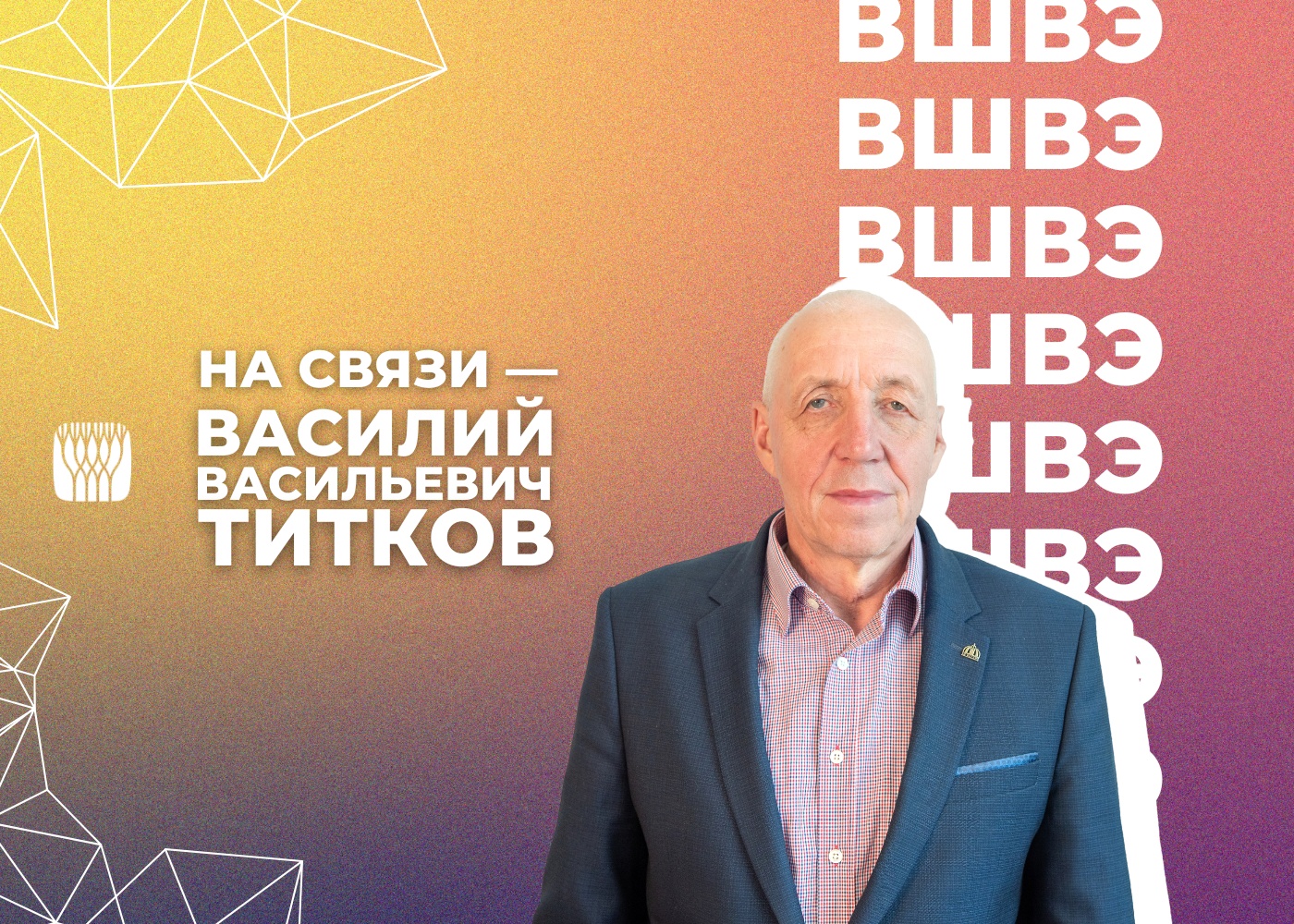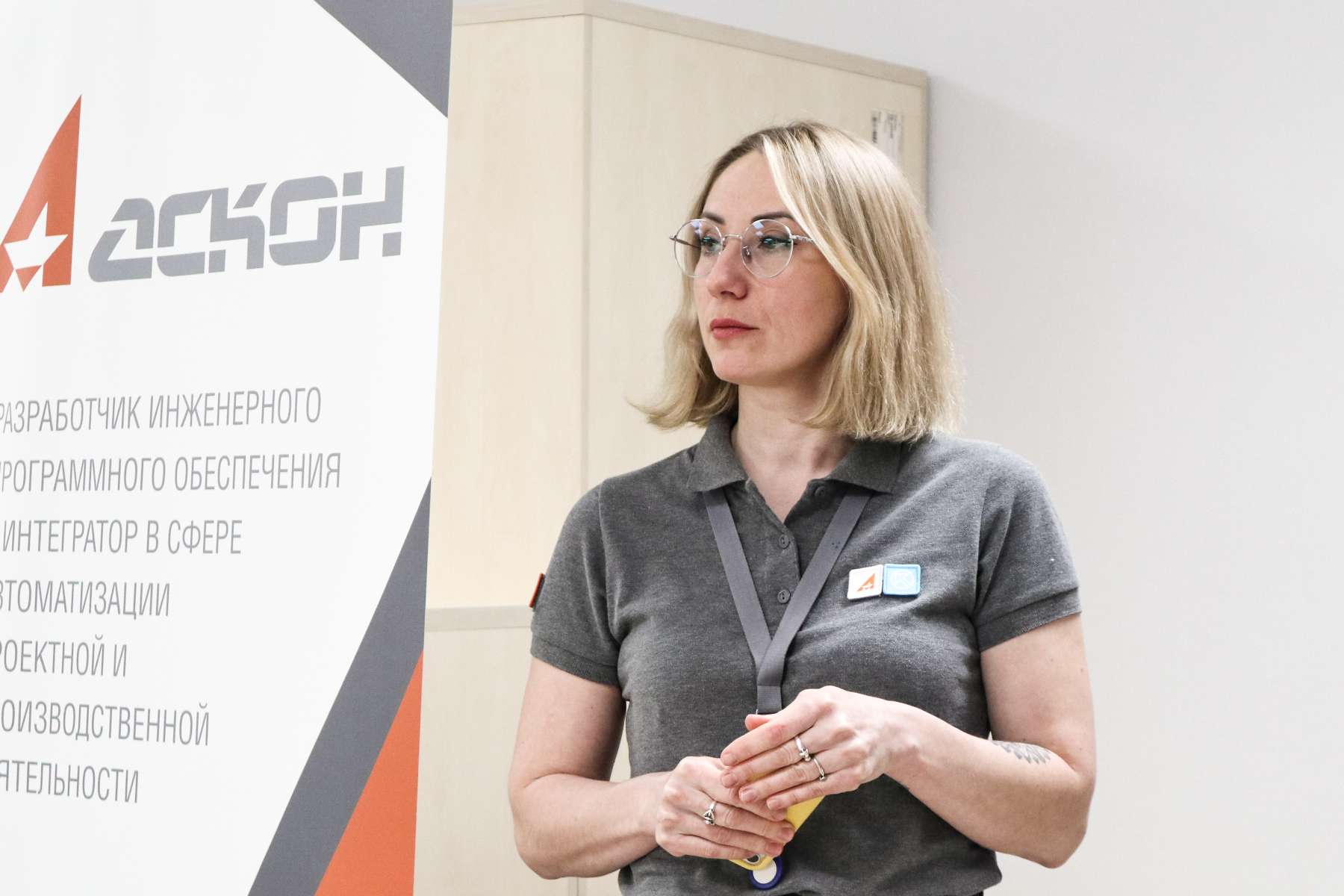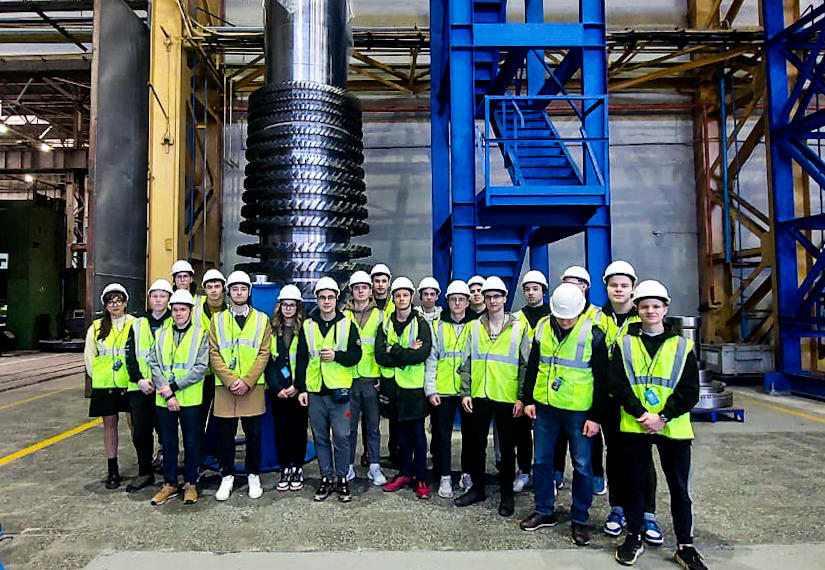
How long have you been involved in scientific activities, what do you research, and do you do it alone or with a team of like-minded scientists?
I have been involved in science since I was a student at the High Voltage Engineering Department of LPI named after M.I. Kalinin. In my fourth year I won the student research competition, and the institute sent me on my first scientific trip to Vladivostok with a report on my work. During the first months of my stay at the department I took part in scientific trips (1977) not as a student but as an engineer, in projects related to the overvoltage surge investigations at Krasnoyarsk Hydroelectric Power Station and Inguri Hydroelectric Power Station (Georgia).
Later I had a lot of projects concerned with problems of electrophysics and high-power electrophysical equipment, which were carried out in very different teams, both in number and composition. I had to carry out work together with my teacher, Corresponding Member of the Russian Academy of Sciences G. A. Schneerson. There were also works carried out by me alone. In recent years, all the projects, in which I participated, I worked with the staff of our department (High School of High Voltage Power Engineering) in teams of 5 to 10 people.
Tell us about your latest works for Lenenergo. Will the results be applied in practice or was the research purely theoretical in nature? Are you a theorist or a practitioner?
As Leonid Brezhnev said: "There is nothing more practical than a good theory". Theory, calculation, and modeling of real objects and processes lie within my expertise. At the same time, I always have the most close connection between my work and practice. In particular, recently completed work is a standard for Lenenergo organization to develop an algorithm that defines the maximum permissible load of cable lines in a pipe-block sewer. According to the specification this project is implemented not only as a document, but also as a program code, which is used by the Lenenergo staff involved in cable network management.
The main sources of information for new developments are conferences, where you can listen and communicate with your colleagues and hear industry requests. Are your scientific activities grants and commercial projects with industry or do you find time to write articles, textbooks, RIAs, and participate in conferences?
I get the greatest satisfaction (not material satisfaction) from commercial projects, because these are the customers who give me tasks of great practical importance. Grant work gives more freedom, but the reporting for such projects is more formalized and regulated. Writing articles is now an imposed responsibility. However, when engaged in intensive project work, writing articles becomes a sideline activity. Nevertheless, at the first opportunity (pause in work, availability of eager graduate students, etc.), of course, I prepare publications and participate in conferences. Last year in connection with recommendations of the management I started to prepare RIAs - in December of the last year I already registered one.
You mentioned lightning overvoltage. What is this problem and where does it occur? How do you propose to solve it?
This problem has always existed as long as thunderstorms have existed. A number of technical solutions for lightning surge protection are known and have been used for a long time. However, the optimal and economically feasible choice of protective devices is still a problem due to particular climatic and geophysical conditions of the overhead power line.
Where do you find inspiration and relevant information on your research subjects? Maybe you read some thematic articles, look through the web-sites, visit some technical exhibitions or communicate with a lot of people who are competent in electric power engineering and electrophysics issues?
I believe that inspiration cannot be permanent. At some moments of work it comes as a result of doing a lot and with a good effect. However, this is common to everyone who is engaged in science and not only in science. I think a key motivation in our work is to avoid idleness. End of project - write an article, wrote all articles - prepare a textbook, etc. The main sources of information for new developments are conferences, where there is an opportunity to listen and communicate with colleagues, to hear industry requests. It should be noted that I have not always been or am a project leader. With equal interest I can work as a doer. In particular, I am happy to participate in contracts and grants under the guidance of my teacher, G. A. Schneerson.
Are all your projects aimed at solving the problems of the Russian electricity sector or are there international projects and collaborations?
At the moment, as you know, there is a problem with implementing international collaborations, including in the energy sector. However, in the 2000s, we participated in an international thermonuclear reactor project, ITER, for several years. Among today's potential partners in international cooperation I see only China and Kazakhstan, but with these countries I had only educational projects. All major scientific and technical work over the last 10 years has been done for local clients.
Science and education are important parts of your life, but sometimes you need to relax as well. Do you have any favorite activities?
Among more or less favorite non-professional activities I can mention fishing with spinning, cross-country skiing, reading, playing guitar and traveling.




